Over the pandemic, foraging in London became more popular as many Londoners looked for ways to cope with the lockdowns.
Foraging, the gathering of wild food for free, has become a popular activity in London with Londoners foraging for a variety of reasons, including connecting with nature and finding new ways to explore the city, coupled with a growing consciousness to know where their food comes from.
For the past few years, foraging has seen an increase in uptake and the pandemic has accelerated this trend, such that the Waitrose & Partners Food and Drink Report 2021 reported an increase of 89% social media interest in foraging.
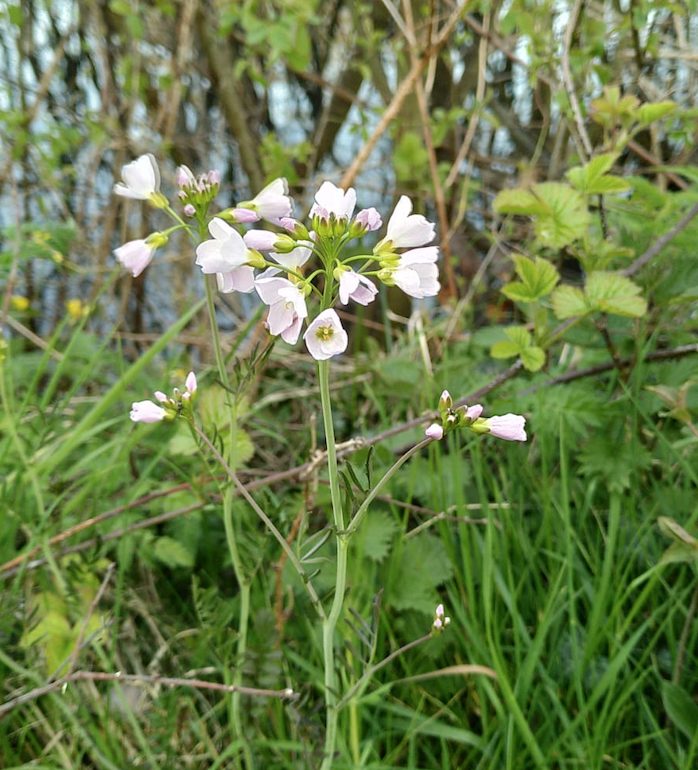
Connect with nature
Herbal wellness brand owner Kitty McEntee found that over the pandemic foraging provided her with a way to reconnect with nature and take ownership of her food.
She explained: “There is something very basic and instinctive about foraging for food and I believe that in times of trauma these natural instincts kick in.
“I enjoy so many things about foraging; the peace and calmness of green spaces, the unique energies and personalities that different plants have from each other and even at different times of the day.
“There is also a quiet satisfaction when you create a meal or a medicine with fresh green plants that you have personally identified and picked by hand; when you turn those botanicals into a delicious plate of food or a warming infusion for a loved one – there is no better feeling.”
Similarly yoga teacher Honor Pennington Legh, 37, forages to be closer to nature and said: “Eating things with nature is one of the most intimate things you can do, there is no dependency on anything apart from nature.
“Foraging gives me the same thrill as you would get from an easter egg hunt.”
The Woodland Trust has seen a rise in foraging enquiries as popular species start to come into season.
Helen Keating, content manager at the Woodland Trust, said: “Many people seek not just to be in nature, but to genuinely connect with it, whether that’s looking out for blackberries to make their favourite crumble or harvesting elderflowers for fresh summer cordial.
“Foraging gives us the chance to do that.”
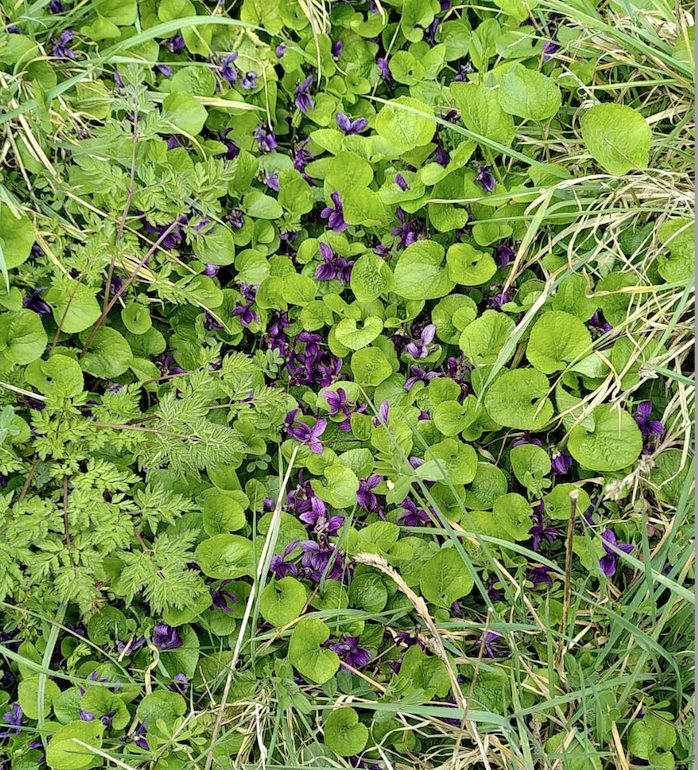
Explore the city
62-year-old Vanessa Arbuthnott found that foraging over the pandemic encouraged her to explore her surroundings.
She said: “A real plus of foraging is getting to connect and know your local area, making you more aware of the seasons and wildlife.
“It’s completely free – not many things in life are, so this is thrilling and also so many of the flowers, leaves and mushrooms are delicious.”
Ken Greenway, manager of Tower Hamlets Cemetery Park, organises foraging tours and has been foraging for 12 years.
He said: “Foraging is a wonderful, meaningful activity and gives people the opportunity to learn something new.
“It makes us more aware of the food on our doorstep and encourages us to value this space around us, which is particularly important in place like London.”
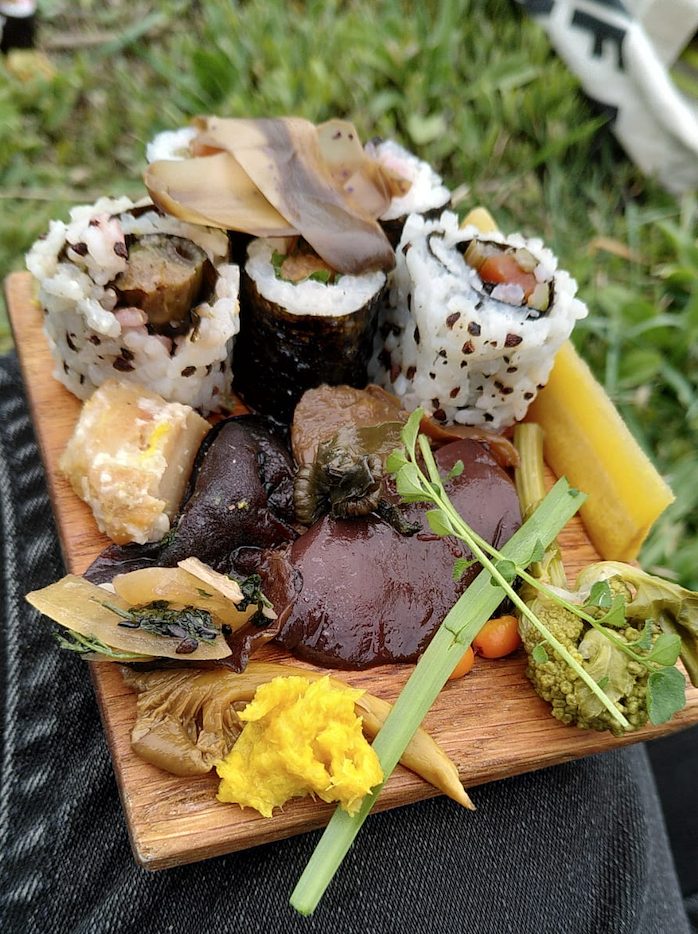
Foraging communities
Throughout London there are many online foraging groups, forums and communities where members share pictures, recipe ideas and help others identify plants and fungi.
Solomon Dolphin, 32 and from Raynes Park, started foraging 10 years ago and now runs the Facebook group Foraging SW London and further.
What started as a hobby of identifying plants in his back garden has grown into a passion of identifying plants wherever he goes and helping others do the same.
He said: “Foraging is an escape from the hustle and bustle of work life, it takes you away from the world.
“Being part of a community of foragers is a great way to learn and most importantly to check on anything you aren’t sure about.”
Foraging courses have seen a huge rise in popularity, with many of Forage London’s courses fully booked up until October.
There is also an urban harvest map by Falling Fruit which anyone can contribute to and aims to celebrate edible plants and fruits on city streets all round the world, including London.
Restaurants
For restaurant owner Richard Gladwin from Barnes, foraging has been a great way to encourage his chefs to get outside on their days off and as an activity for team days as well as foraged ingredients proving popular with restaurant visitors.
He said: “Foraging in London is wonderful – you might walk passed a fig tree on the street, pick a few leaves which have a very strong fig scent, and put them through a pasta dough which gives you fig scented pasta.
“If the sun is shining elderflower cordial is the most delicious thing in the world and captures June in the UK.
“The best thing about wild food is that it is the taste of the season.”
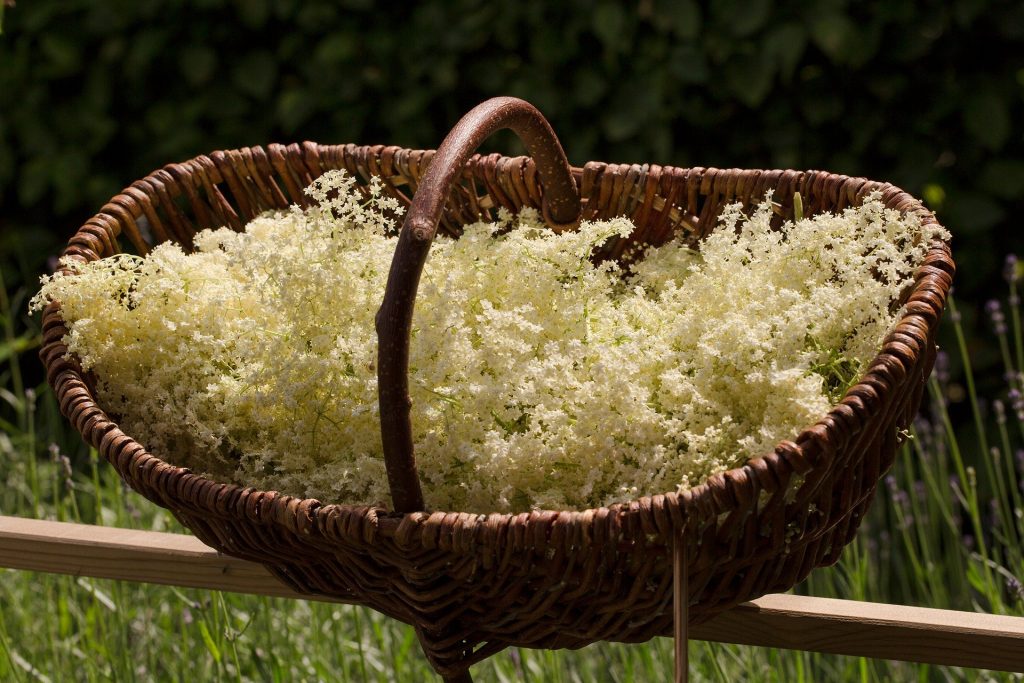
Issues
Foraging for individual consumption of some fungi, fruit, leaves, foliage and flowers is allowed on most common land however some local bylaws do prohibit this.
Wandsworth Council does not permit foraging in its parks and has park and open spaces bylaws in place to protect against this.
A Wandsworth council spokesman said: “While this may sound like a relatively harmless activity we certainly don’t encourage people who visit our parks to take away any of the plants or flowers for the obvious reason that if everyone did that our parks would soon look pretty bare.
“It’s also not permitted because of the role plants and flowers play in supporting biodiversity. If people are helping themselves to plants and flowers and removing food sources and habitats this will have a serious effect on wildlife. It is for these reasons that these activities are contrary to our park and open spaces bylaws.”
Foraging is not permitted in any of the Royal Parks however Wimbledon Common allows responsible foragers but those who want to pick mushrooms must contact the Ranger’s Office for a permit.
Under the Wildlife and Countryside Act 1981 and the Theft Act 1968 it is illegal to pick wild food from anywhere in the UK for commercial purposes without the landowner’s permission.
Illegal foraging has been in the news recently after the City of London Corporation recently fined some foragers more than £2,000 by for illegal mushroom picking in Epping Forest.
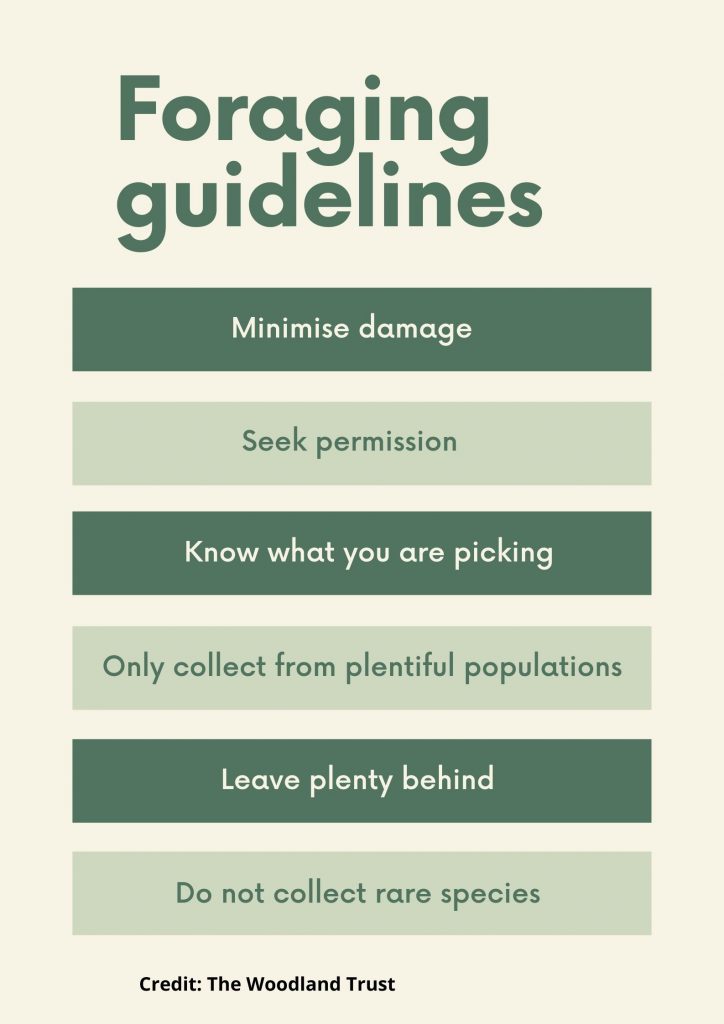
The boom of food ownership
And it’s not just gathering wild food which has become more prevalent, gardening and growing your own vegetables have also seen a huge increase in popularity over the pandemic.
28-year-old garden designer Eliza Nicholas has seen a huge increase of people wanting to learn how to grow vegetables and edible flowers rather than rely on supermarkets, particularly amongst the millennial generation.
She said: “I think people are becoming a lot more conscious about being sustainable, and growing your own food allows you to do just that.”
To find out more about responsible foraging visit the Woodland Trust
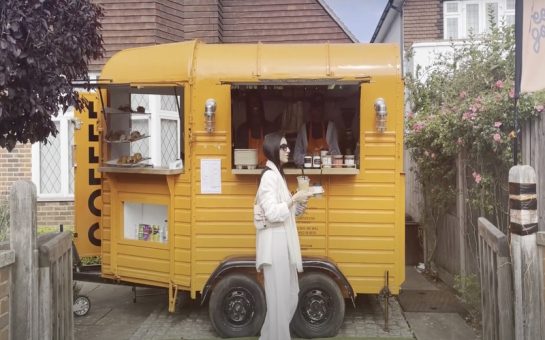
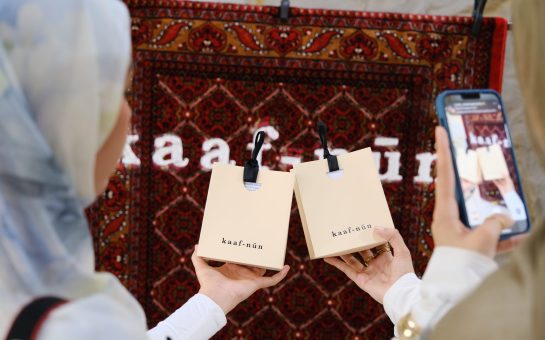

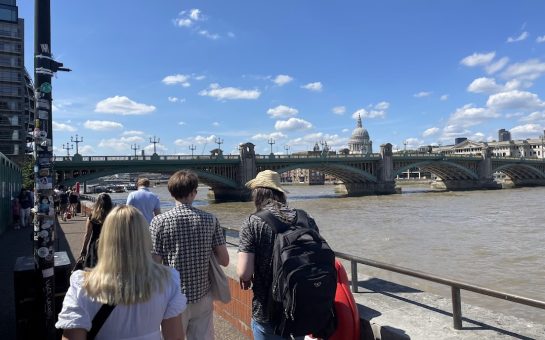

Join the discussion
Thanks Emma – what an interesting and useful article!